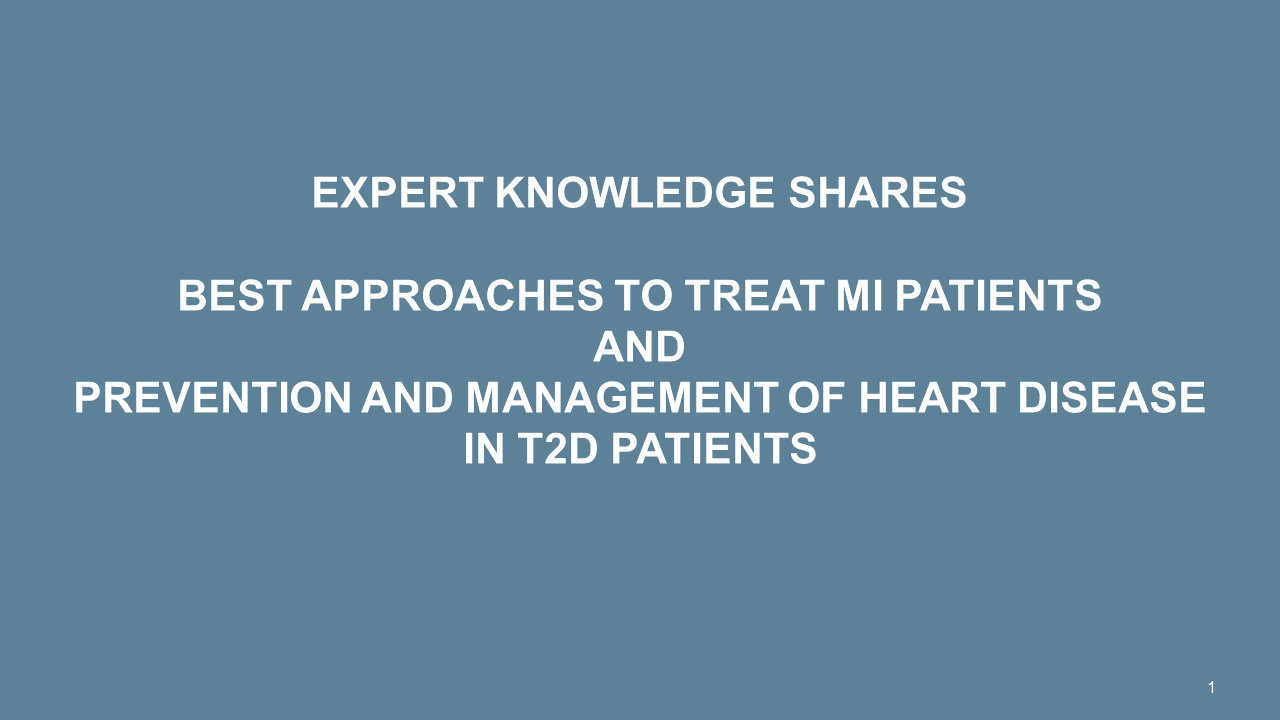In a recent interactive online event, leading expert cardiologists and neurologists came together to discuss the clinical challenges in CV events and stroke.
Panellists Prof. Gilles Montalescot, Prof. Roberto Ferrari and Prof. Charlotte Cordonnier led the interactive case study reviews and then took part in a panel discussion with questions from participants.
Catch up on what the experts had to say in these three on-demand video replays and accompanying slides.
Clinical Takeaways
-
Identify Underlying Vessel Disease: When dealing with cases of intracerebral haemorrhage, it is crucial to recognize that bleeding caused by aspirin is a misconception. The primary focus should be on identifying the underlying vessel disease to accurately assess the balance between future hemorrhagic and ischemic risks
-
Strict Blood Pressure Control: In patients presenting with intracerebral haemorrhage, maintaining strict control of blood pressure is essential from admission to discharge. This approach significantly improves patient outcomes and reduces the risk of complications
-
Comprehensive Secondary Prevention: For patients at risk of cardiovascular events, consider a comprehensive approach to secondary prevention. Utilize statins, PCSK9 inhibitors, and ACE inhibitors, while being cautious about the use of ARBs
-
Effective Management of Transient Ischemic Attack (TIA): Rapid assessment and patient education are critical in cases of TIA, which is considered an emergency. For an accurate evaluation, recommended imaging includes MR and CT perfusion within 24 hours. Treatment involves using a combination of aspirin and clopidogrel for 21 days
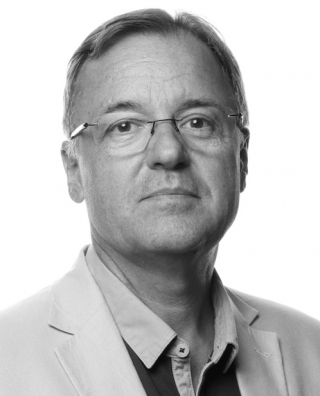
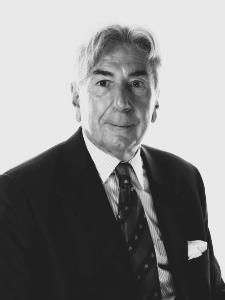
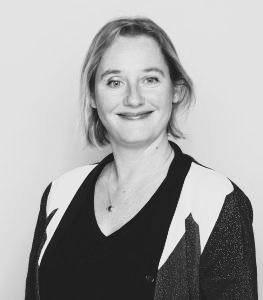
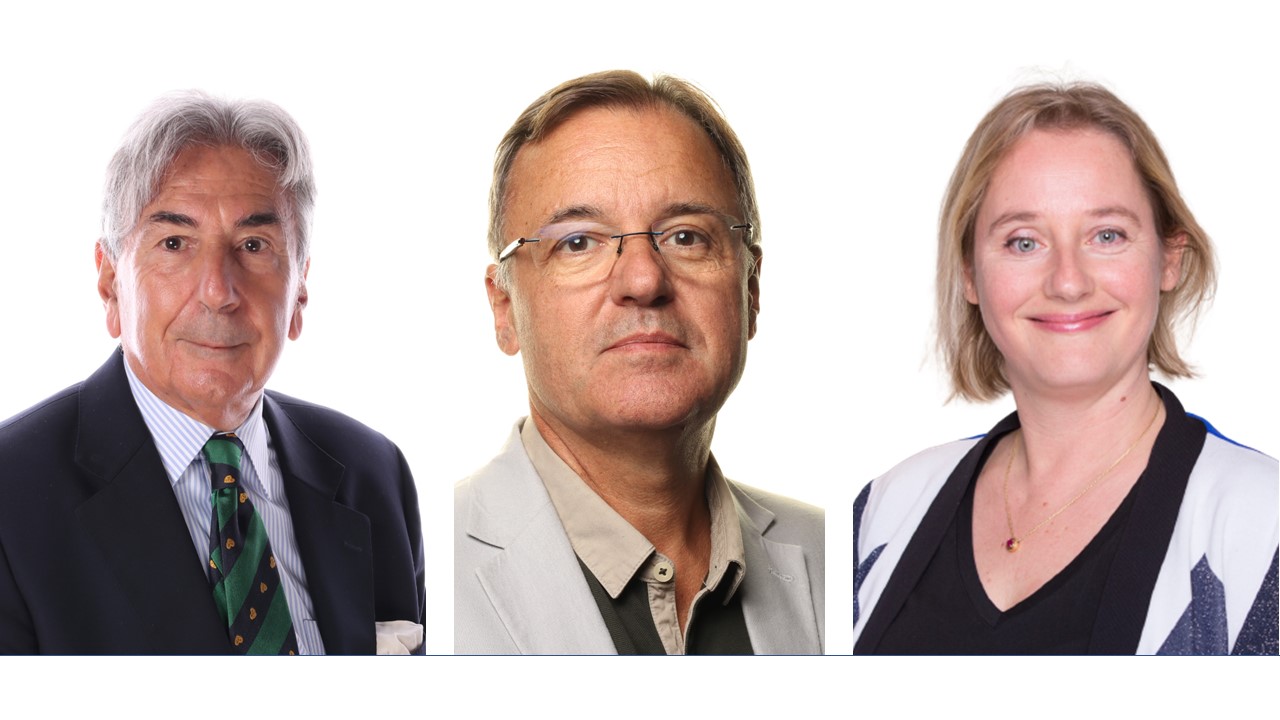

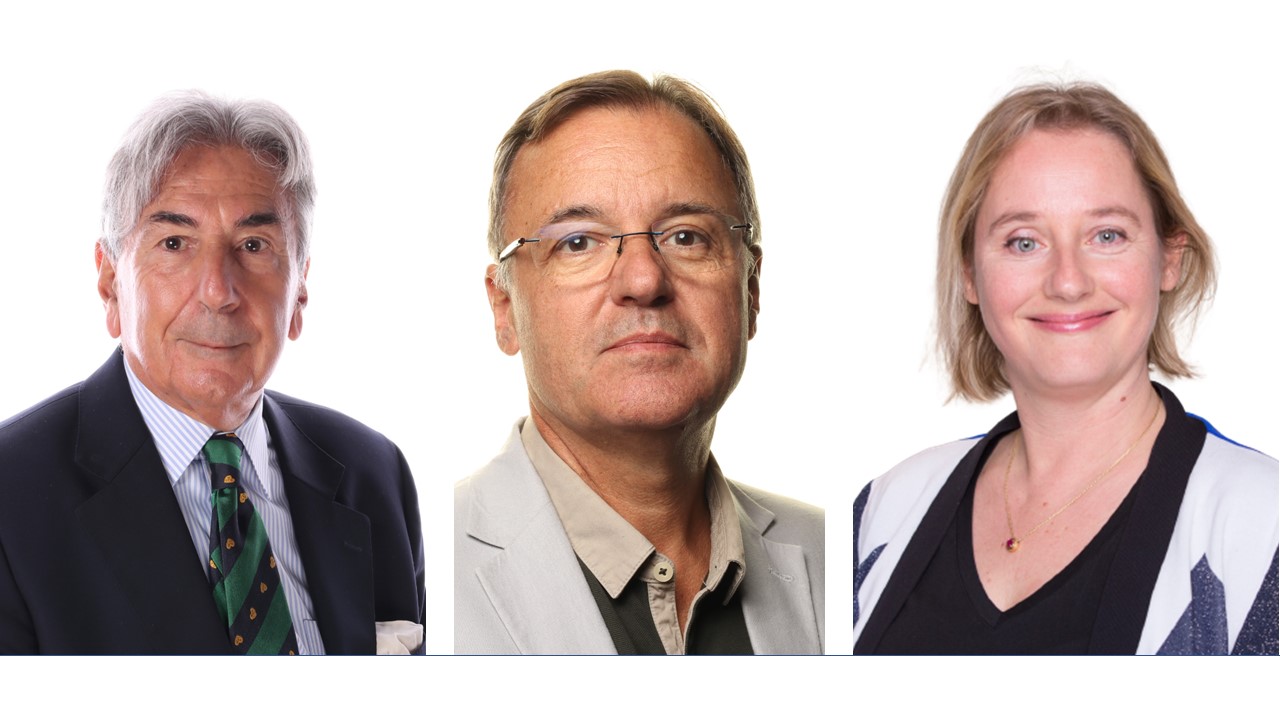
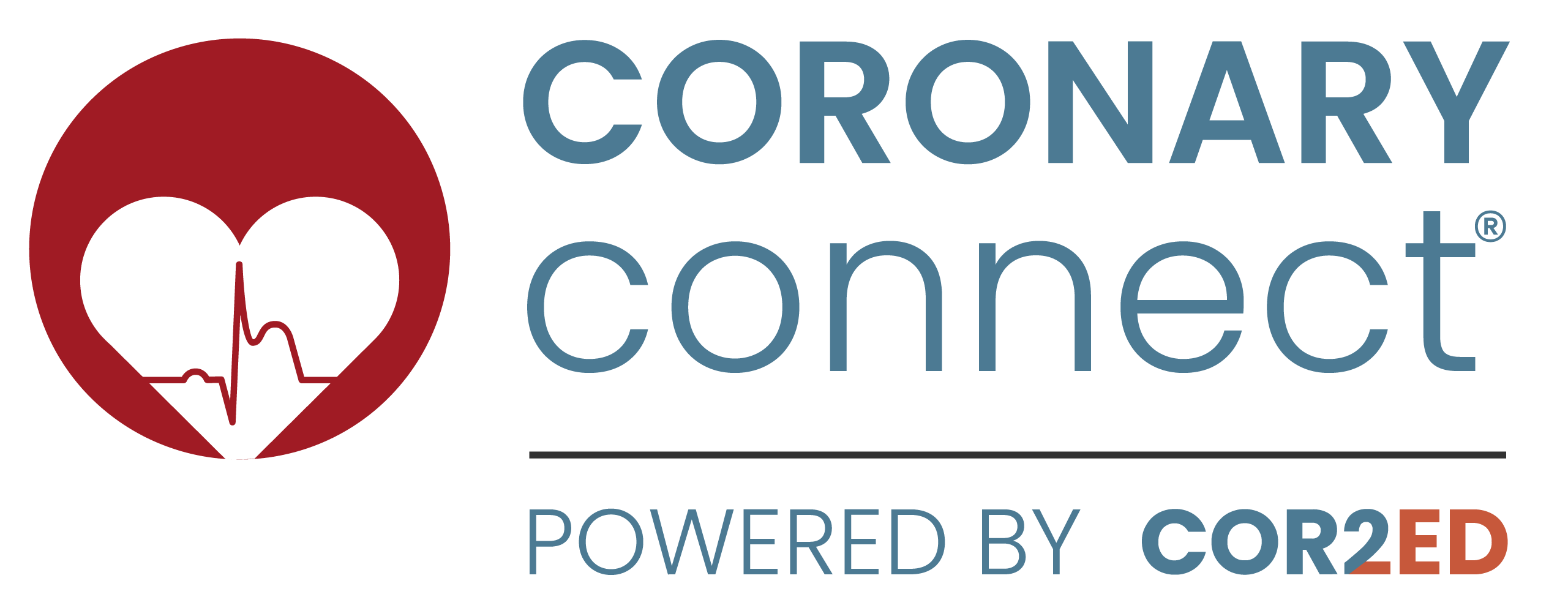



 15 MIN
15 MIN
 Oct 2023
Oct 2023  Downloadable
Downloadable 